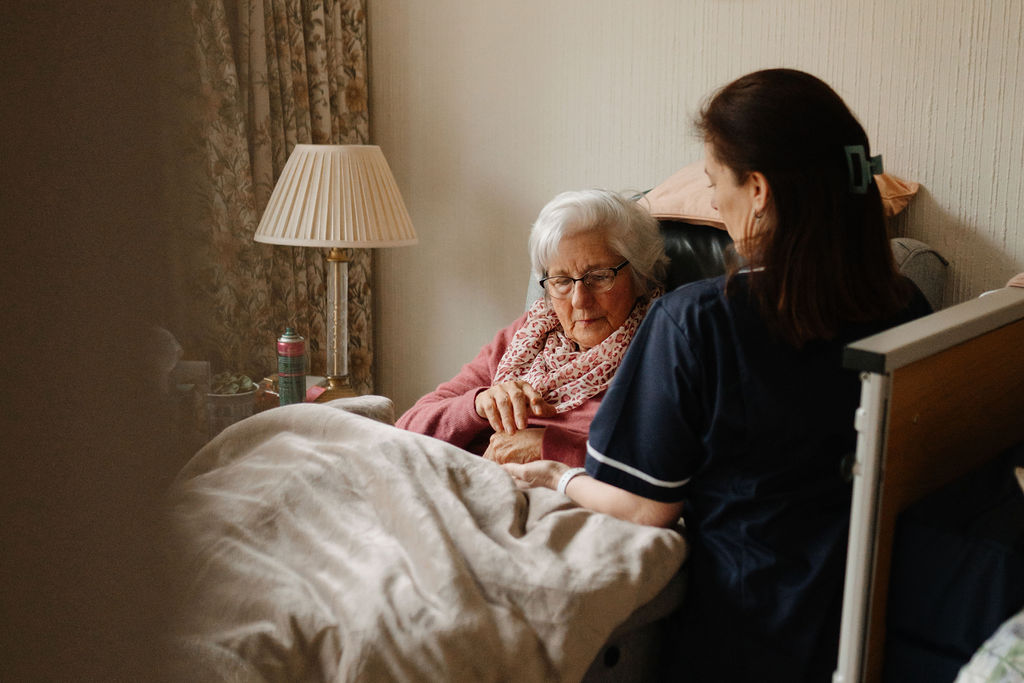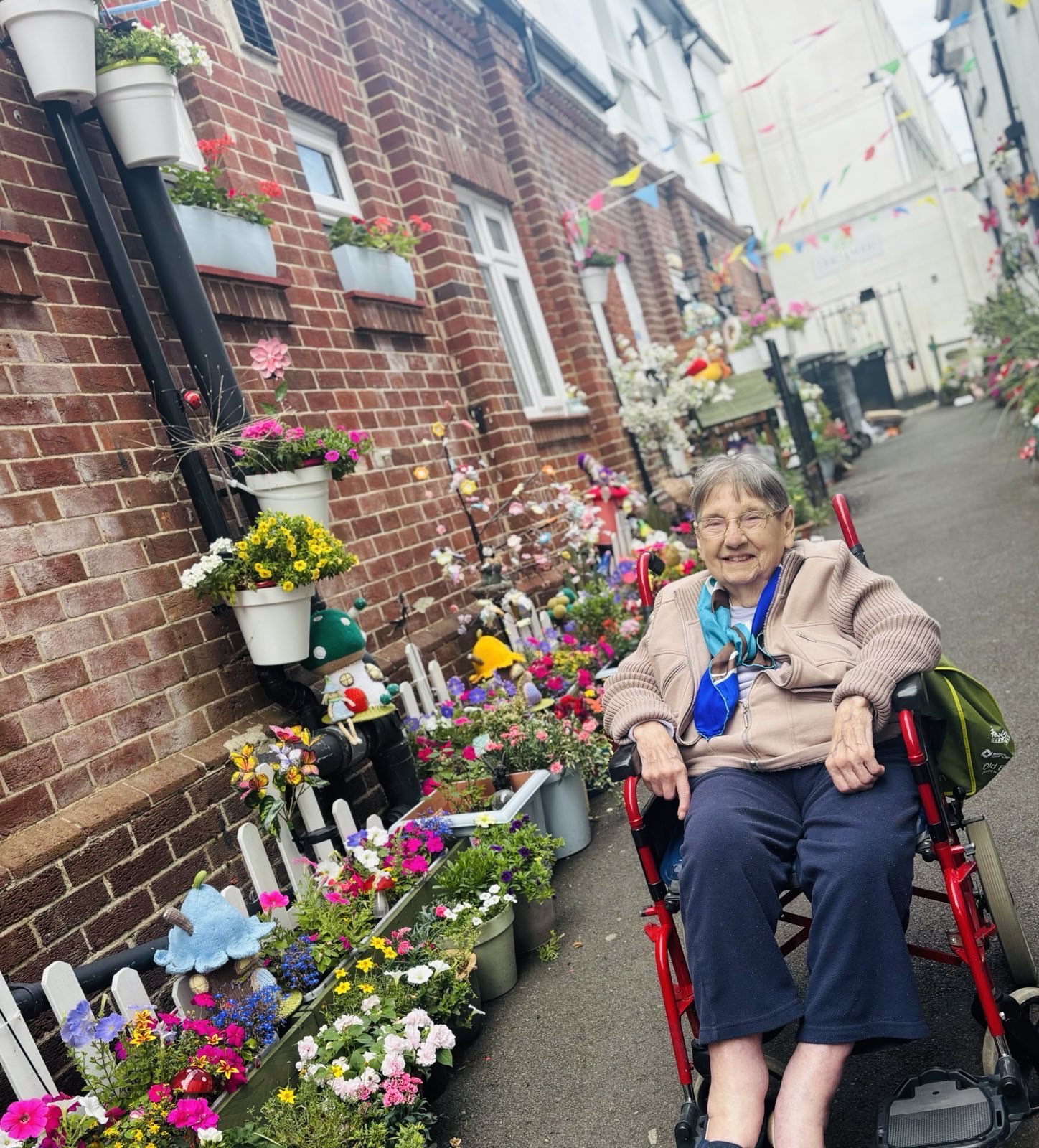Winter Care Tips for Older Adults: Keeping Loved Ones Safe, Warm and Supported at Home

Winter can be one of the hardest times of year for older adults. Cold weather, darker evenings, and seasonal illnesses increase risks for people who may already be vulnerable. For families, it can be a constant worry: is Mum warm enough? Has Dad eaten properly? What if they fall on ice or start feeling unwell?
The good news is that with the right support, your loved one can remain safe, comfortable, and independent at home through the colder months. Here are some practical winter care tips and how home care can make all the difference.
1. Keep the home warm and safe
A warm, well-heated home is vital for health in winter. Older adults are more susceptible to the cold, which can worsen existing health conditions.
- Aim to keep the main living space at around 21°C.
- Close curtains at dusk to keep heat in.
- Reduce trip hazards from rugs or clutter where possible.
When a professional carer visits, they can make sure the heating is working, windows are secured, and the living environment is safe and comfortable.
2. Prevent winter illnesses
Winter often brings colds, flu, and other respiratory illnesses. Preventing these is key to keeping older adults healthy.
- Encourage flu and COVID booster vaccinations.
- Support regular meals with warm, nutritious food.
- Ensure plenty of fluids, as dehydration is often overlooked in winter.
Carers can provide meal preparation, hydration prompts, and medication reminders. They are also trained to spot early signs of illness so families can act quickly.
3. Reduce the risk of falls
Slippery pavements, icy paths, and darker days all raise the risk of falls in winter. Indoors, bulky coats or damp shoes can also create hazards.
- Keep walkways clear of leaves and ice.
- Ensure hallways and stairs are well lit.
- Provide supportive footwear with non-slip soles.
With home care, a carer can assist with trips outdoors, mobility, and safe movement around the home. This helps reduce risks while still encouraging independence.
4. Tackle loneliness and isolation
Winter can feel particularly isolating. Shorter days and the festive season can be difficult if older adults live alone or family live far away.
- Encourage regular phone or video calls.
- Involve loved ones in seasonal traditions.
- Arrange visits or companionship through care services.
Carers do not just provide practical help. They also offer conversation, companionship, and emotional support, which can make a huge difference to wellbeing.
5. Plan ahead for peace of mind
Many families begin to think about care during winter when risks become more obvious. Planning ahead ensures your loved one gets the right level of support, tailored to their needs.
At District Health, we provide flexible home care that can cover everything from a daily check-in to round-the-clock support. Our goal is always the same: helping people live comfortably and independently in their own homes.
Winter does not have to mean extra worry. With the right care in place, older adults can stay warm, healthy, and connected throughout the colder months.
If you would like to find out how District Health can support your loved one at home this winter, get in touch with our team today.

.png)

.png)
